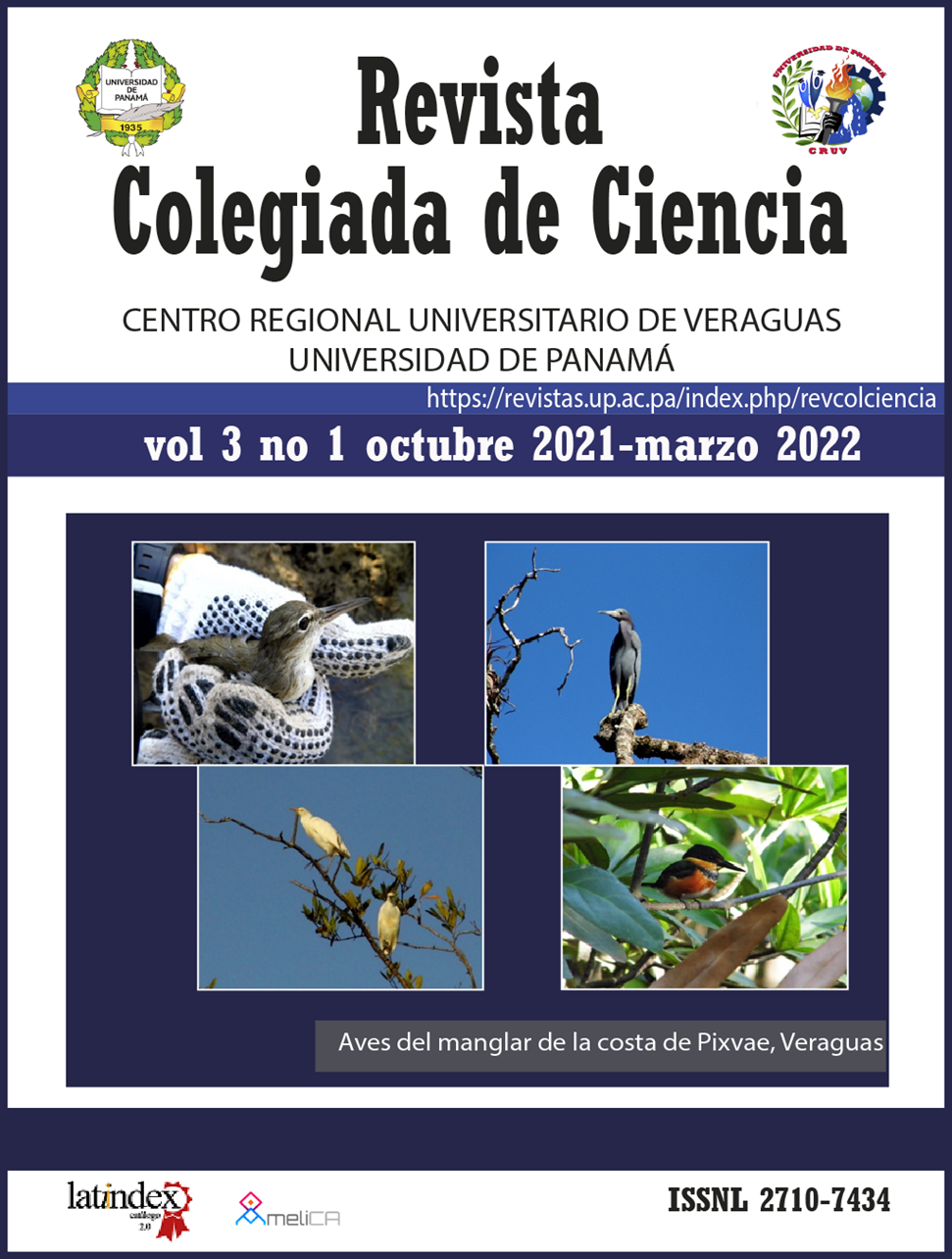

Hereditary partition is important by virtue of a beginning that no one is obliged to remain indivision; division and indivision are one of the major causes of family conflicts. Deceased the originator is born a community to universal title on the inheritance assets in the successions in general, that it is to split. We rely on the qualitative method to develop research, and the study has been developed under the analysis of documentary sources. To achieve the proposed objectives, the doctrine of the treaties, national and foreign codes, legal dictionaries, judgments and laws were revised, and the fundamental use of comparative law was made. We discussed issues such as the various types of partition, especially the judicial partition, the partition made by the testator and the partition made by the co-heirs. It analyzes the institute heirs forced and the collation; these institutions are not part of Panamanian positive law. We saw some problems that can arise in the hereditary partition and analyzed the different points of view of the doctrine their positions and arguments and clarified the possible doubts that arise in matters of hereditary partition. Based on comparative law, it was found that there is a legislative procedural similarity almost at the universal level, to carry out the hereditary partition in the succession processes.